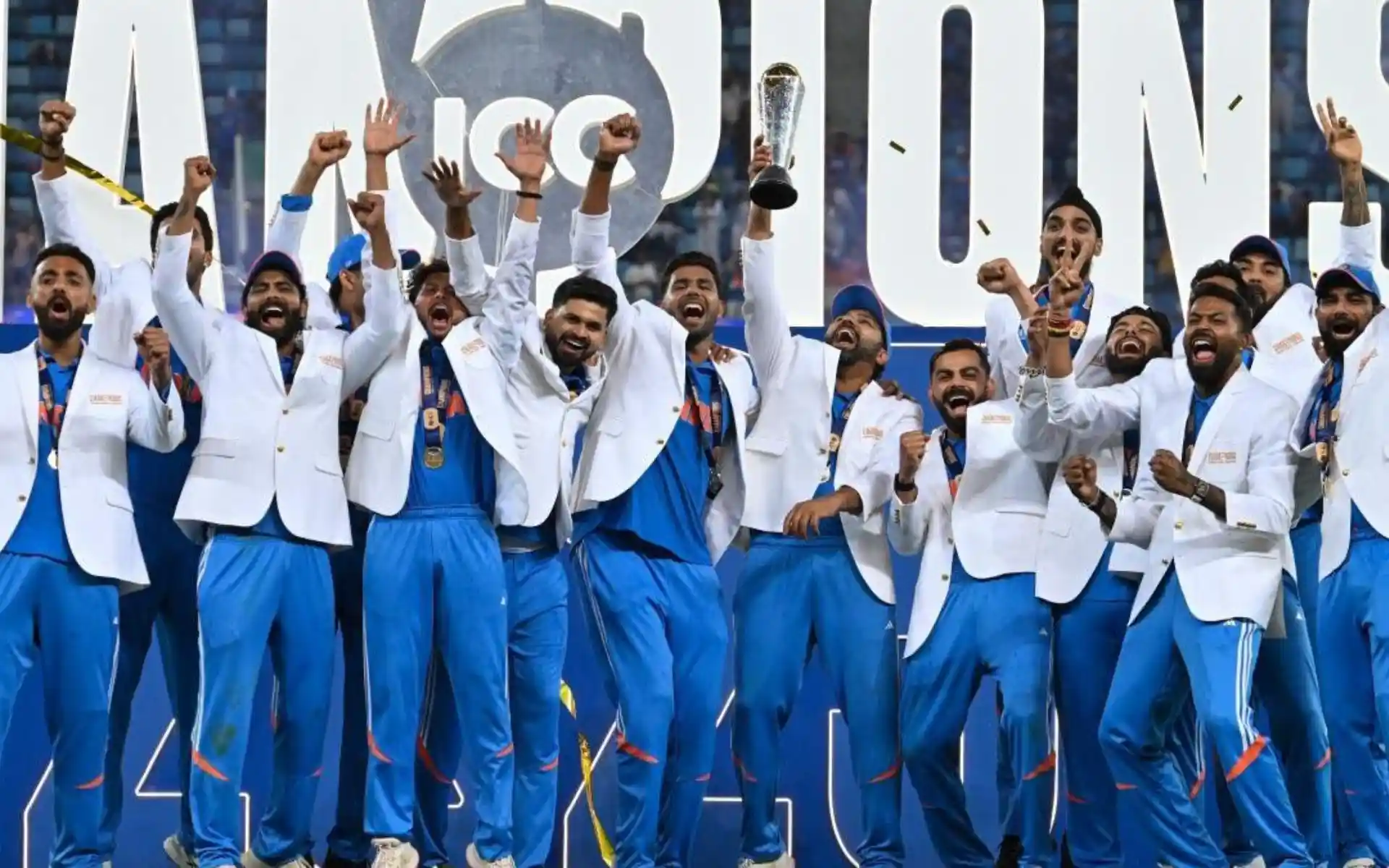![ICC introduces new rules [Source: @ICC/x.com]](https://onecricketnews.akamaized.net/parth-editor/oc-dashboard/news-images-prod/1749962958635_Jay_Shah_ICC.jpg?type=hq) ICC introduces new rules [Source: @ICC/x.com]
ICC introduces new rules [Source: @ICC/x.com]
The International Cricket Council (ICC) has announced major updates to the playing conditions for men’s international cricket. These rule changes will be implemented from different dates depending on the format: June 17 for Test matches, July 2 for One-Day Internationals (ODIs), and July 10 for T20 Internationals.
These changes were recommended by the ICC Men’s Cricket Committee and were approved by the Chief Executives Committee according to ESPN. The key updates include a new rule regarding the use of balls in ODIs and an updated protocol for concussion substitutes.
ODI Matches Will Now Use Just One Ball After 34 Overs
Until now, ODIs have been played using two new balls from both ends throughout the innings. But under the new rule, there will be a shift after the 34th over. From the start of the innings till the end of the 34th over, two balls will still be used, one from each end. However, from the 35th over till the end of the innings, only one of the two balls will be selected by the bowling team and used from both ends.
In case the match is shortened to 25 overs or less before it begins, only one new ball will be used from the start. The ICC introduced this change to bring a better balance between batting and bowling.
New Rules for Concussion Replacements In All Formats
The ICC has also revised the concussion substitute rule to make it more structured and avoid any confusion during matches. From now on, teams will have to submit a list of five possible substitute players to the match referee before the start of the game. This list must include one player for each specific role, a batter, a wicketkeeper, a pace bowler, a spinner, and an all-rounder.
This change has come after some controversial moments in recent matches. For example, in January this year, India replaced batting all-rounder Shivam Dube with Harshit Rana, a bowling all-rounder, during a T20I match against England. Rana went on to take three wickets, sparking debate about the fairness of such a replacement.
The new rule will prevent such situations by ensuring only like-for-like substitutes are allowed. If the named concussion substitute also gets injured, the match referee can approve a replacement from outside the original five, but only if it matches the same playing role.
Apart from these major changes, the ICC is also adopting a small but important update from the Marylebone Cricket Club (MCC). The “bunny hop” rule, where fielders could jump from outside the boundary to take a catch mid-air, will now be disallowed. This aims to make catches cleaner and ensure that dismissals are fair and clearly within the boundary.


.jpg?type=mq)

.jpg?type=mq)

